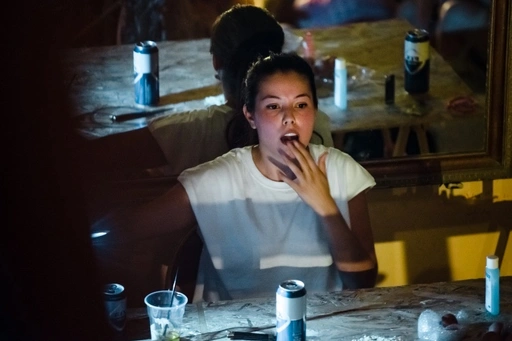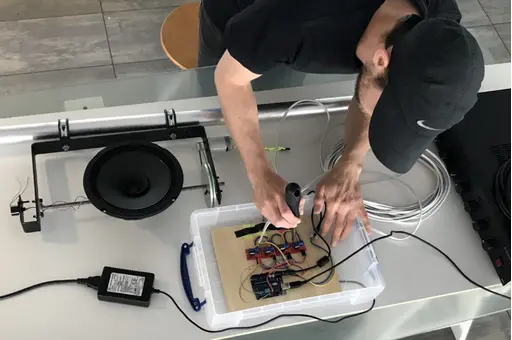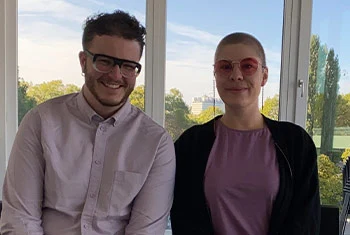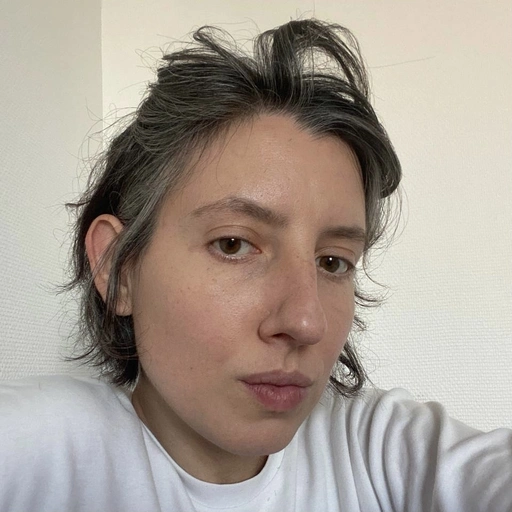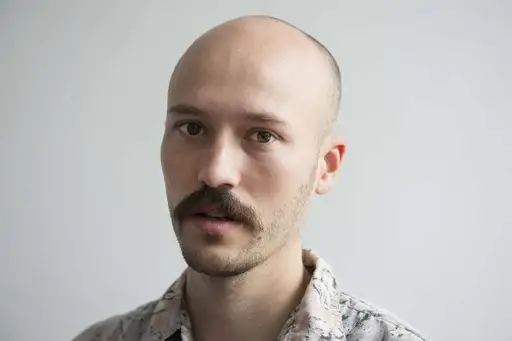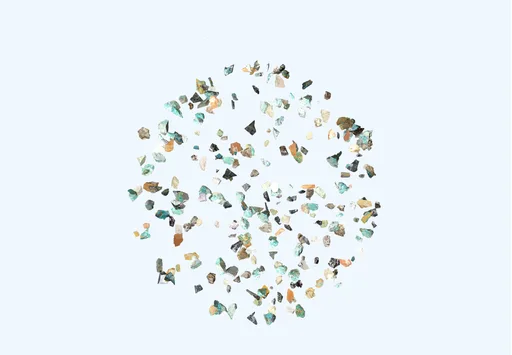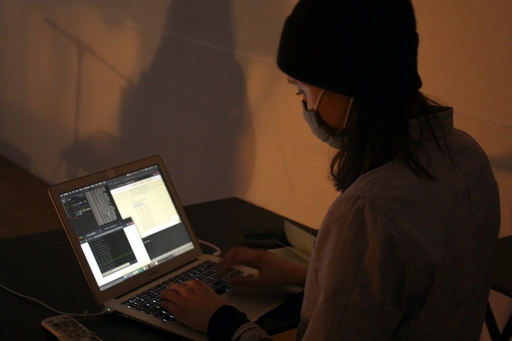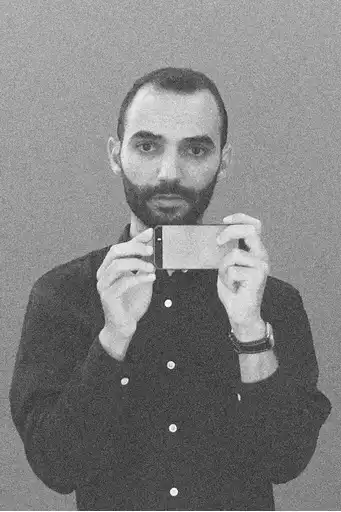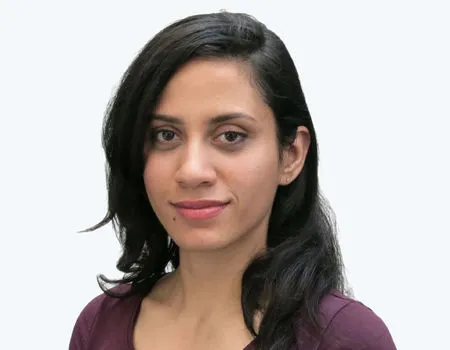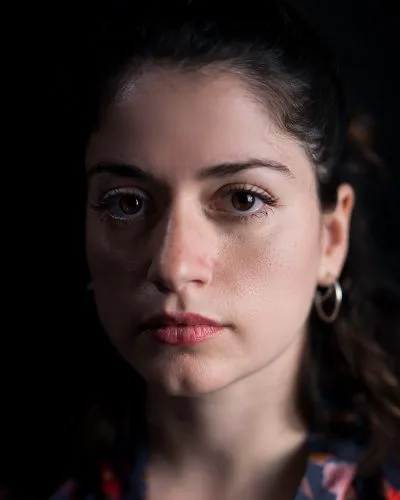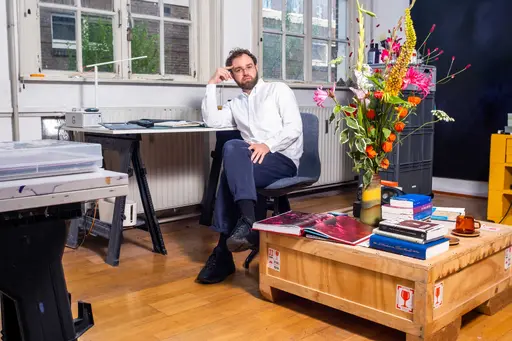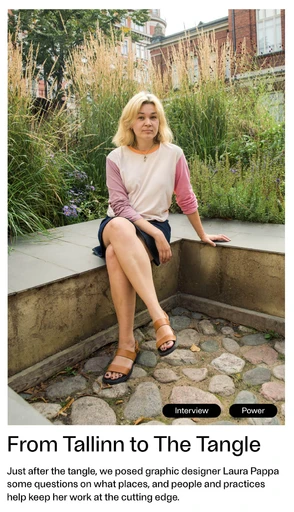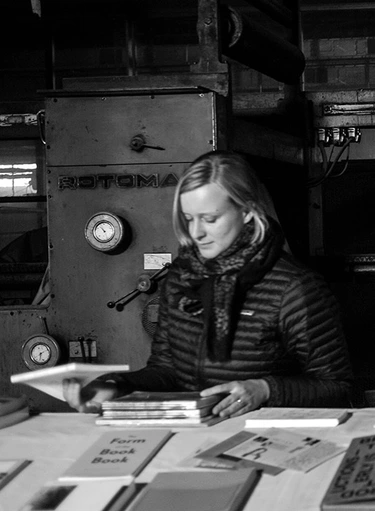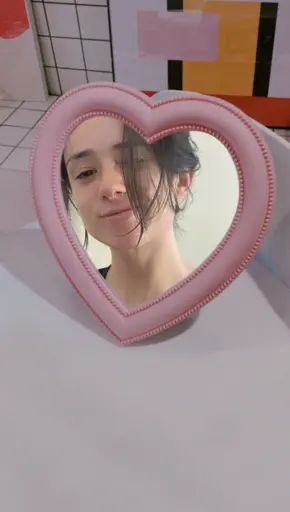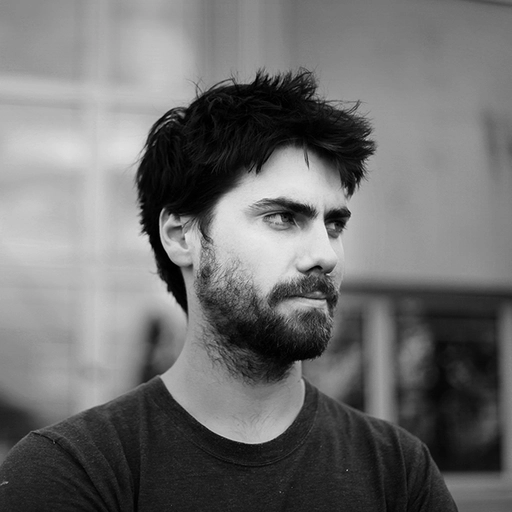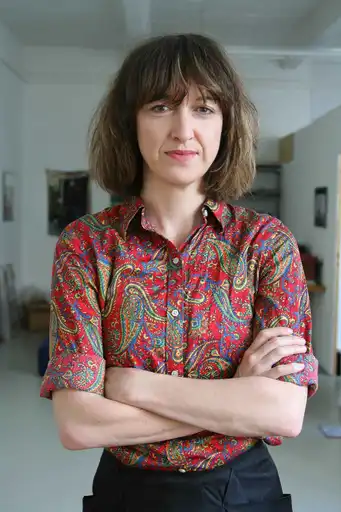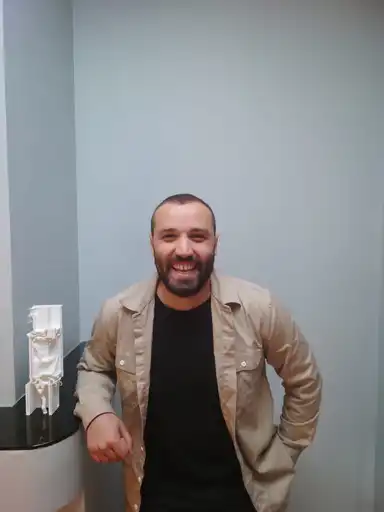10.00-12.00 Workshop by Sandra Golubjevaite
14.00-14.30 Performance by Alaa Abu Asad
15.00-15.30 Performance by Andrea Lopez Bernal
16.00-17.00 Publication Launch of 'Fellows Published 2021-2022'and drink
Additionally at the end of the afternoon a publication will be festively launched that was made together with the artist-researchers in the fellowship programme in 2021/2022. Feel free to join the programme and launch and to walk in and out with any of the activities. Note that for the workshop by Sandra Golubjevaite you have to sign-up in advance.
Aaro Murphy
Charlie Clemoes
Olya Korsun
Alaa Abu Asad
Patrícia Domingues
Zaïra Pourier
Andrea Lopez Bernal
MELT
Sandra Golubjevaite
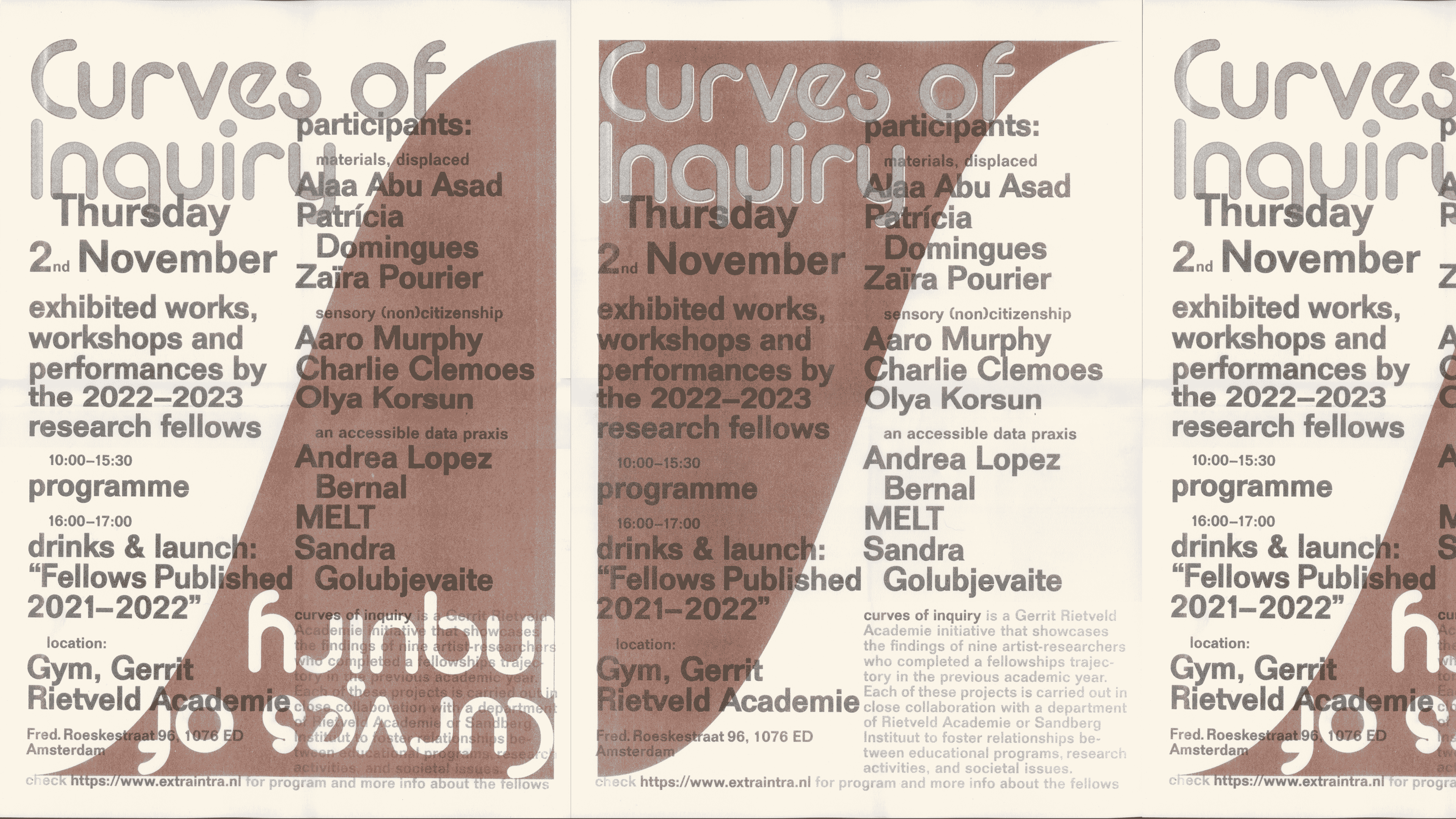
During this collective code and non-code writing session, together we will script and craft a website outside its natural habitat. We will learn and experiment together with writing basic HTML and will merge our code- and language- based preferences and broadcast them online. The workshop will result in a hybrid (online/ offline) installation where by writing code manually and injecting it with all forms of personal and/ or experimental language, we will be manifesting a nuanced digital-space, in opposition to its commodified state. No prior coding knowledge required, in fact non-coders/ beginners preferred. Please bring your own laptop with you to the session.
13.00-13.30 Talk by Charlie Clemoes
Charlie Clemoes talks about the difficulty of making big complex things immediate, comprehensible and interesting, even when these things have a major impact on our everyday lives (think of something like the patriarchy, which critics, particularly on the right, have tended to dismiss because it isn't an object you can see and touch, it's not experienced immediately, as in, the patriarchy doesn't walk through the door and say "I'm the patriarchy", and yet, it still has a massive and persistent impact on everything we do, and everything around us, in all sorts of ways). This, Charlie explores through his research subject over the past year: the construction supply chain, a conspicuously dull subject that he has tried to make interesting through various creative means.
13.30-14.30 Performative reading by Alaa Abu Asad
In the absence of the invasive: Can we finally look at the Japanese knotweed as a green future companion?
In contemplating the historical journey of the noble, ornamental Japanese knotweed plant (Fallopia japonica), which has become hyper-demonised nowadays, and is considered invasive, unwanted, abhorrent and problematic, one can see how this plant has set the tone of invasion ecology, its offensive language, ethnobotany and urban greenery. Drawing from an ongoing research titled ‘The dog chased its tail to bite it off’, this reading traces the history of the plant, actual policies, national campaigns of combat and control, social / economic / political effects, the conflation between natural and national history, and most importantly the language (whether verbal or visual) used when talking about the plant and other invasive species. It also imagines alternative ways of living with these species via raising questions about mass production ethics, and exploitative forms of economy.
15:00-15:30 Performance by Andrea Lopez Bernal
“I’m on my way to meet you. I talked with the dentist and the doctor and they say blocking temporarily the trigeminal nerve is not something they can do for me. My doctor of trust said she will only do it if she knows the benefit if bigger than the risk, she refused to perform the task on me. With the dentist I had a different approach, of course, I hid my intentions this time, I didn’t say it was for a performance. (Previously I consulted my dentist friend and she said I should ask for fixing a cavity on a lower molar, better is if it is the last one so I have more chance to get the anesthesia I want). I will keep on perusing this. I imagine talking to you while the right side of my face starts to get numb and unresponsive, by the moment I finish talking my face is melting. I will laugh and maybe even cry but only with half of my face. But no worries it’s fine, I will get it back to normal if everything goes well. It will last for around 3 hours. See you soon. Andrea.”
16:00-17:00 Publication Launch of “Fellows Published 2021-2022" and drinks
Join us for the publication launch of “Fellows Published 2021/2022” in the Gym at the basement of Rietveld Academie. The research fellowship project is an initiative by Gerrit Rietveld Academie and Sandberg Instituut for artists, designers, theorists, and other makers. It aims to facilitate and support short-term artistic research projects, each in collaboration with one of the schools’ departments. The process and findings of the fellows who conducted their research in 2021 and 2022 will be shared in this new online publication.
The workshops and lectures will be held in English.
There is parking near the venue.
The nearest metro station is Amstelveenseweg. (450m)
The entire exhibition space is wheelchair accessible. It takes place in the basement and there is an elevator.
There is no uneven flooring in the venue.
There are gender-neutral toilets available. The venue has a wheelchair-accessible toilet on the ground floor.
Service animals on a leash are allowed in the venue.
There will not be a sign-language interpreter present for performances, lectures, or workshops.
There will not be an audio description guide of the day.
We can not guarantee that all video work is subtitled, this may vary per project.
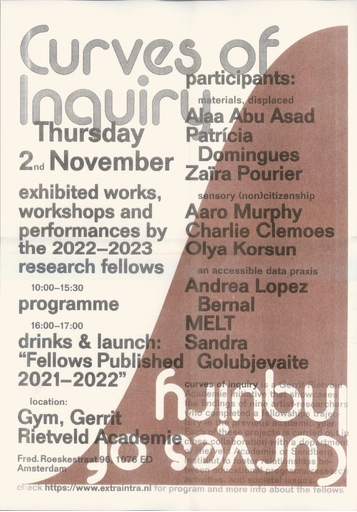
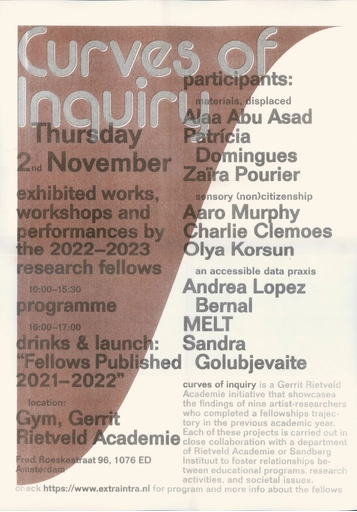
Fellows 22/23
